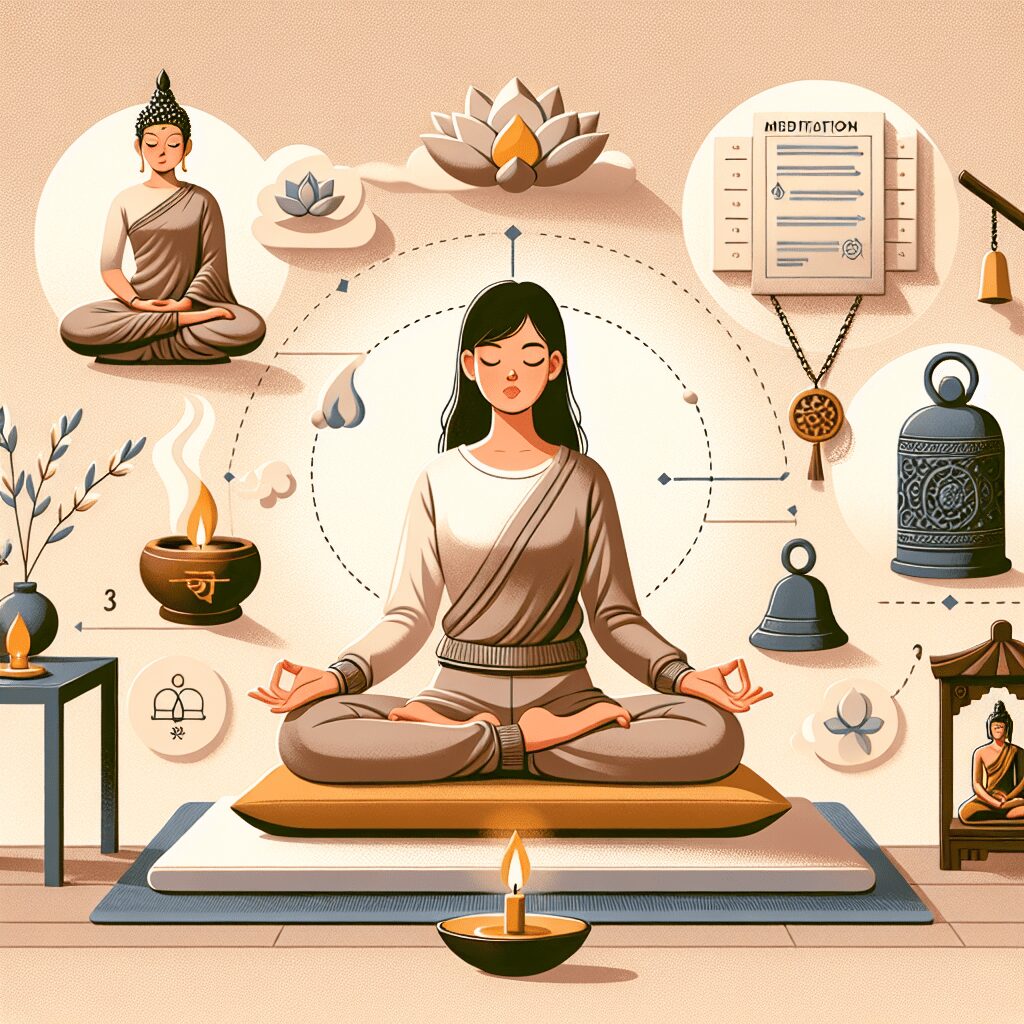
Prioritize your mental well-being daily. Enhance your life by nurturing your mental health with the Smart Meditation app. Break free from stress, alleviate anxiety, and enhance your sleep quality starting today.
Is Anxiety Nature Or Nurture?
Unveiling the Roots of Anxiety: A Tug-of-War Between Genes and Environment
In the quest to understand the complex tapestry of human behavior, the age-old debate of nature versus nurture takes center stage, particularly when dissecting the origins of anxiety. Is this common, often debilitating condition a product of our genetic makeup, or does it stem from the intricate web of our environmental experiences? Buckle up as we dive deep into this conundrum, unwrapping layers of scientific inquiry and anecdotal evidence to shed light on this pressing question.
The Genetic Blueprint of Anxiety
First off, let’s tackle the “nature” side of the equation. It’s no secret that anxiety often runs in families, like a dubious heirloom passed down through generations. Studies suggest that if your family tree is riddled with branches of anxiety disorders, you’re more likely to inherit this unwelcome gift. In fact, research pinpoints that genetics can account for approximately 30% to 40% of the risk. That’s a significant chunk, right?
Diving deeper, scientists have identified specific gene variations associated with heightened risks of anxiety disorders. These genetic markers act like the pesky spoilers of your mental health, predisposing individuals to a higher likelihood of experiencing anxiety. However, it’s crucial to remember that inheriting these genes doesn’t guarantee a one-way ticket to Anxietyville. Instead, think of them as risk factors that make individuals more susceptible under certain conditions.
The Environmental Influence: More Than Just a Backdrop
Now, let’s shift gears and explore the “nurture” aspect. Oh boy, does environment play a colossal role in shaping our anxiety levels! From early childhood experiences to the stresses of adult life, our environment is a cauldron brewing with potential anxiety triggers. Traumatic events, such as abuse or loss, can act as gasoline, igniting the flames of anxiety disorders. Even day-to-day stressors, like work pressure or relationship woes, can gradually fan these flames.
Moreover, parental influences cannot be overlooked. The way parents handle stress, their emotional availability, and the overall home environment can profoundly impact a child’s predisposition to anxiety. A nurturing, supportive atmosphere can buffer against anxiety, while a high-stress, unsupportive one can do quite the opposite.
So, What’s the Verdict?
If you’re hoping for a clear-cut winner in this nature versus nurture showdown, brace yourself for disappointment. The consensus among experts leans heavily towards a dynamic interplay between genetics and environment. This intricate dance between our inherited traits and life experiences crafts a unique recipe for anxiety that varies from person to person. Simply put, it’s not a matter of either/or but rather how both elements weave together to influence our mental well-being.
Understanding this complex interplay is crucial, not just for academic curiosity but for paving the way towards effective interventions. By acknowledging the multifaceted origins of anxiety, we can tailor more personalized, compassionate approaches to mental health care. Whether it’s through therapy, lifestyle adjustments, or medication, recognizing the diverse roots of anxiety can lead to more holistic and effective treatments.
Embracing a Multifaceted Approach
As we navigate the murky waters of anxiety, it’s paramount to adopt a multifaceted perspective. Catering exclusively to the genetic component might leave significant environmental factors unaddressed, and vice versa. Encouragingly, the burgeoning field of epigenetics offers a glimmer of hope, revealing how environmental influences can modify gene expression. This groundbreaking insight underscores the potential for positive change, irrespective of our genetic predispositions.
In essence, while we may not have full control over the hand we’re dealt, there’s considerable power in how we play our cards. Through understanding, compassion, and targeted interventions, we can steer our ship through the stormy seas of anxiety, guided by the lighthouse of science and personal insight.
So, is anxiety a product of nature or nurture? The answer lies in a delicate balance, a reminder of the complex, interwoven fabric of our existence. By embracing both our genetic heritage and the profound impact of our experiences, we unlock the potential for resilience, healing, and growth amidst the challenges of anxiety.





